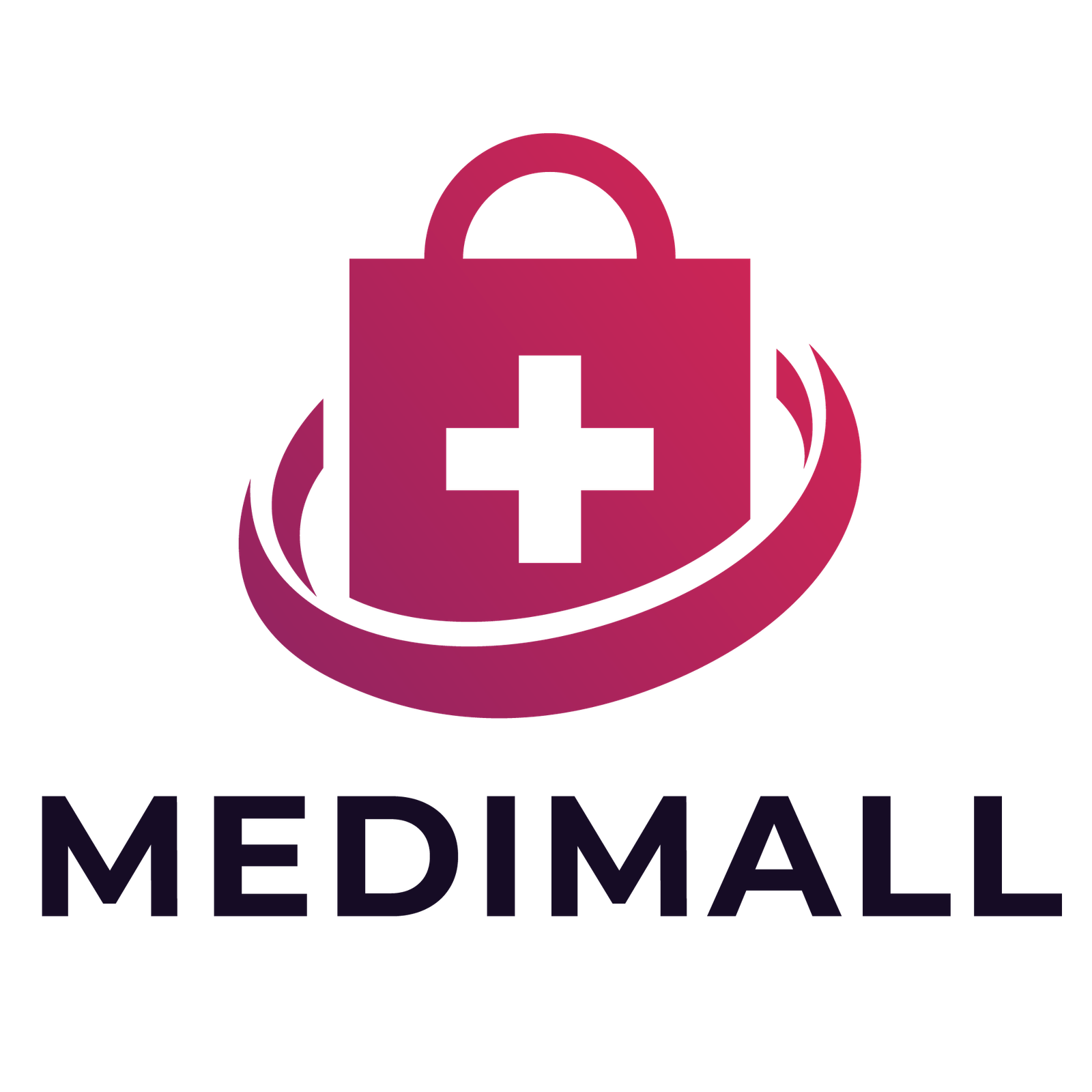The Importance of 24/7 Medical Support
In today’s fast-paced world, the necessity for continuous medical support has never been more apparent. Around-the-clock medical services can be life-saving in numerous scenarios, ranging from emergencies to the management of chronic illnesses and unexpected health issues. Immediate medical intervention during emergencies, such as heart attacks, strokes, or severe injuries, can drastically improve patient outcomes and survival rates. The ability to access medical care at any hour ensures that critical time is not lost, which is often the difference between life and death.
Chronic illness management is another area where 24/7 medical support proves invaluable. Conditions such as diabetes, hypertension, and asthma require ongoing monitoring and rapid response to any sudden changes. Patients with chronic illnesses benefit immensely from knowing that medical advice and intervention are available whenever needed, which helps in maintaining their health and preventing complications.
Unexpected health issues, such as sudden infections or allergic reactions, can occur at any time and often require immediate attention. Having access to medical care at all hours ensures that these issues are addressed promptly, reducing the risk of escalation and providing peace of mind to patients and their families.
Different demographics, including the elderly, children, and individuals with disabilities, are particularly vulnerable and benefit significantly from 24/7 medical care. The elderly often have multiple health conditions that require consistent monitoring, while children are prone to illnesses and accidents that necessitate immediate care. Individuals with disabilities may have specific medical needs that require timely intervention to maintain their quality of life.
Beyond the physical benefits, the psychological reassurance that comes with knowing medical help is always available cannot be overstated. This sense of security is crucial for both patients and their families, reducing anxiety and stress associated with health uncertainties. In a world where health can be unpredictable, round-the-clock medical support provides an essential safety net, ensuring that timely and effective care is always within reach.
How 24/7 Medical Support is Delivered
24/7 medical support is a critical component of modern healthcare systems, ensuring that individuals receive immediate care regardless of the time of day. Traditional methods such as emergency rooms (ERs) and urgent care centers serve as the frontline for round-the-clock medical assistance. Emergency rooms are equipped to handle severe and life-threatening conditions, staffed by doctors, nurses, and specialists who are trained to provide critical care. Urgent care centers, on the other hand, address less severe but still urgent medical issues, providing a more accessible option for immediate care outside regular office hours.
In addition to these traditional venues, modern innovations have significantly enhanced the delivery of 24/7 medical support. Telemedicine has emerged as a pivotal tool, allowing patients to consult healthcare professionals remotely via video calls, phone calls, or chat services. This not only increases accessibility but also reduces the strain on physical healthcare facilities. Mobile health apps further extend the reach of medical support by offering features such as symptom checkers, medication reminders, and direct communication with healthcare providers.
The role of healthcare professionals in delivering continuous care cannot be overstated. Doctors, nurses, and paramedics work tirelessly in shifts to ensure that medical support is available at all times. Their commitment is complemented by advanced technological infrastructure that supports seamless communication and coordination. Electronic health records (EHRs) enable quick access to patient histories, ensuring continuity of care regardless of the time or location. Remote monitoring devices, such as wearable health trackers, allow for real-time observation of patients’ vital signs, facilitating timely interventions when necessary.
Maintaining a robust 24/7 medical support system requires a well-established communication network. Hospitals, urgent care centers, and telemedicine platforms rely on secure and efficient communication channels to coordinate care and share critical information. These systems are bolstered by continuous advancements in technology, ensuring that healthcare providers can deliver prompt and effective care around the clock.



Leave a Reply